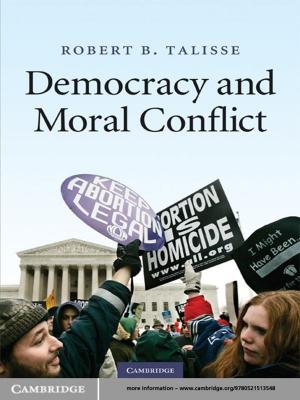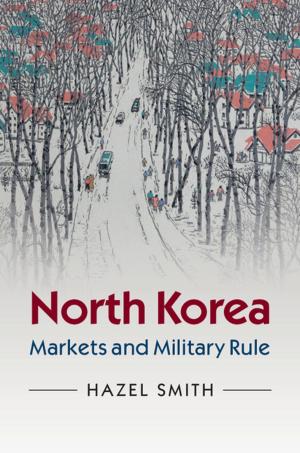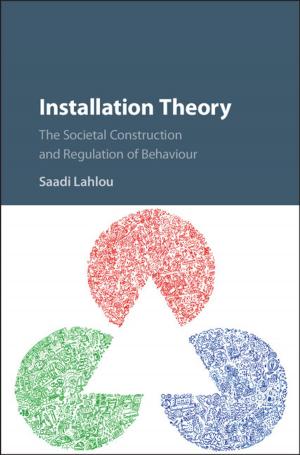| Author: | David M. Driesen | ISBN: | 9781139411288 |
| Publisher: | Cambridge University Press | Publication: | June 18, 2012 |
| Imprint: | Cambridge University Press | Language: | English |
| Author: | David M. Driesen |
| ISBN: | 9781139411288 |
| Publisher: | Cambridge University Press |
| Publication: | June 18, 2012 |
| Imprint: | Cambridge University Press |
| Language: | English |
This book offers a dynamic theory of law and economics focused on change over time, aimed at avoiding significant systemic risks (like financial crises and climate disruption) and implemented through a systematic analysis of law's economic incentives and how people actually respond to them. This theory offers a new vision of law as fundamentally a macro-level enterprise establishing normative commitments and a framework for numerous private transactions, rather than as an analogue to a market transaction. It explains how neoclassical law and economics sparked decades of deregulation culminating in the 2008 financial collapse. It then shows how economic dynamic theory helps scholars and policymakers make wise choices about how to avoid future catastrophes while keeping open a robust set of economic opportunities, with individual chapters addressing the law and economics of financial regulation, contract, property, intellectual property, antitrust, national security and climate disruption.
This book offers a dynamic theory of law and economics focused on change over time, aimed at avoiding significant systemic risks (like financial crises and climate disruption) and implemented through a systematic analysis of law's economic incentives and how people actually respond to them. This theory offers a new vision of law as fundamentally a macro-level enterprise establishing normative commitments and a framework for numerous private transactions, rather than as an analogue to a market transaction. It explains how neoclassical law and economics sparked decades of deregulation culminating in the 2008 financial collapse. It then shows how economic dynamic theory helps scholars and policymakers make wise choices about how to avoid future catastrophes while keeping open a robust set of economic opportunities, with individual chapters addressing the law and economics of financial regulation, contract, property, intellectual property, antitrust, national security and climate disruption.















